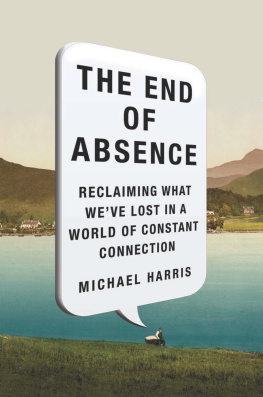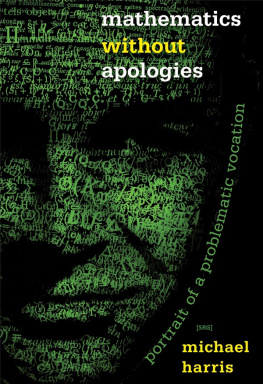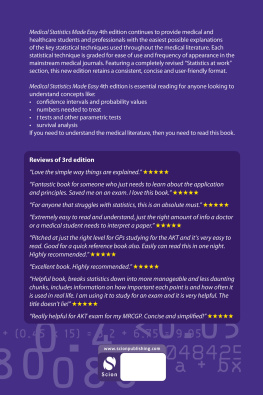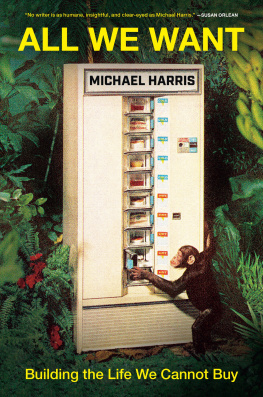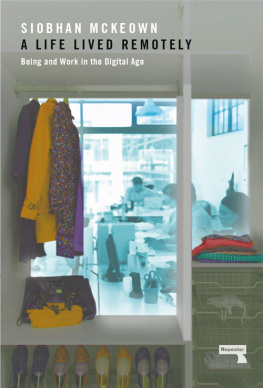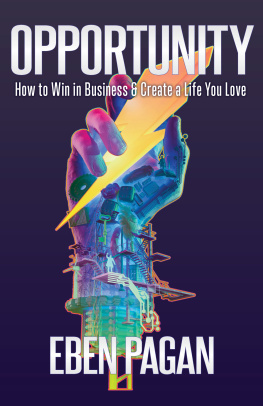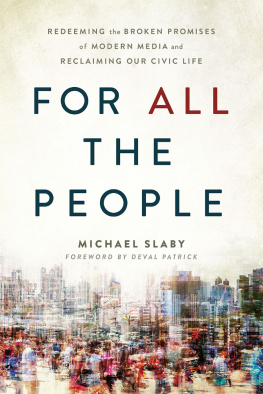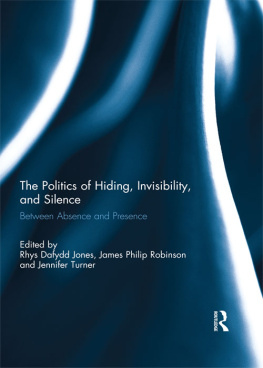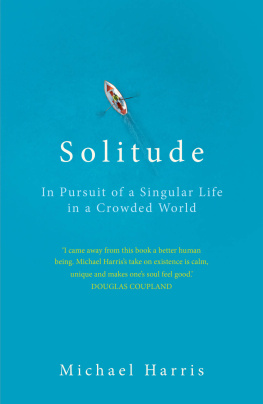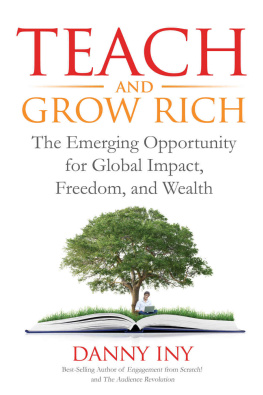Praise for THE END OF ABSENCE
Michael Harris has written an important book for our information-overloaded times of ironic hashtag conversations and idealized online avatars. The End of Absence is a forceful, insightful, and ultimately human reminder to us all that information is not wisdom, that speed is not depth, that in the pauses of solitude come authenticity and surprise, and that the empty spaces we so desperately and busily have sought to fill in, as he writes, never were so barren after all.
Brigid Schulte, author of the New York Times bestselling Overwhelmed
The End of Absence is an extraordinary chronicle for an extraordinary time, a moment when humanity went from dropping out to turning on 24/7. Michael Harris is here to remind future generations of what its like to miss nothingliterally nothingand in so doing, he examines what weve lost and what weve gained (and what hasnt changed). This is the rare kind of book that will change the way you see the world.
Arjun Basu, author of Waiting for the Man
The End of Absence offers a deeply compelling perspective that forces us to acknowledge an uncomfortable truth: ours is the last generation that will have known a pre-digital world. Michael Harriss provocative book tells us why that matters and encourages us to be more thoughtful as we prepare for the future.
Amy Webb, author of Data, A Love Story
Digging its heels firmly into the slippery slope of the digital avalanche threatening to bury us, The End of Absence is a passionate, astute, honest, sympathetic account of how to stay sane in a manic culture. Thoreau would have been delighted to add this knowing, poetic book to his small shelf in the Walden cabin. A superb guide to our present disaster, as well as a meditation on where we might be if we could relearn our ability to pause, even for a moment.
Tim Blackmore, author of War X
We are at a singular moment where information, once scarce, is suddenly ubiquitous. Michael Harris asks what this moment means, and answers with insight, humor, and great humanity. A must-read for anyone curious about how the digital revolution is changing our culture and ourselves.
Nora Young, author of The Virtual Self
CURRENT
Published by the Penguin Group
Penguin Group (USA) LLC
375 Hudson Street
New York, New York 10014

USA | Canada | UK | Ireland | Australia | New Zealand | India | South Africa | China
penguin.com
A Penguin Random House Company
First published by Current, a member of Penguin Group (USA) LLC, 2014
Copyright 2014 by Michael Harris
Penguin supports copyright. Copyright fuels creativity, encourages diverse voices, promotes free speech, and creates a vibrant culture. Thank you for buying an authorized edition of this book and for complying with copyright laws by not reproducing, scanning, or distributing any part of it in any form without permission. You are supporting writers and allowing Penguin to continue to publish books for every reader.
A portion of this book first appeared as Hot Wired in The Walrus.
LIBRARY OF CONGRESS CATALOGING- IN-PUBLICATION DATA
Harris, Michael, date.
The end of absence : reclaiming what weve lost in a world of constant connection / Michael Harris.
pages cm
Includes bibliographical references and index.
eBook ISBN 978-0-698-15058-4
1. Information society. 2. Information technologySocial aspects. 3. InternetSocial aspects. 4. TechnologySocial aspects.
I. Title.
HM851.H3673 2014
302.23'1dc23 2014009772
Version_1
FOR KENNY
CONTENTS
PROLOGUE
This Can Show You Everything
1996Malaysia
, Linda Jimi, was fourteen years old and ready to leave.
There was a box with four little legs in their house, and in the box was a black-and-white television. There was no electricity (Linda was tasked with gathering firewood for the kitchen stove each day), but on special occasions, Lindas father would take the car battery that powered the TV into the village and have it charged. Then Linda could watch Sesame Street, which was senseless but wonderful, with its American children and Muppets prattling in confounding English, playing out their deeply foreign antics.
Big Bird was yellow, Linda learned. The village children had electricity and color televisions; they would brag about their colors. Linda said, I know, and told the other children that her family had colors, too.
Sesame Street was baffling, but Lindas family believed intrinsically in spirits and ghosts, so the apparitions that flashed on the television screen could be folded into a larger trust in magic, in brushes with the unknowable.
Besides, more magical by far was the komburongoh that Lindas grandmother Sukat wielded. Linda never touched the sacred object herself, for fear of angering the spirits and growing sickbut she could look across the hut at the thing in her grandmothers hands, a tight bundle of teeth taken from several animals, knotted together with a collection of small bones. Sukat, who could handle the komburongoh with impunity, had access to the spirit of an ancestor, and she could call upon the spirit for help when attempting to heal members of the Dusun tribe.
Once, before the village was abandoned, Linda watched her grandmother work her magic over a child whod been stricken with fever. This was only a small ritual, so Sukat hadnt bothered to dress in the full garb of a bobolian (high priestess)shed worn an ordinary sarong and a long-sleeved blouse. Sukat had moved her komburongoh over the sickly childs head, shaking her bundle of teeth for five full minutes while the infant sweated beneath. Sukat had told the spirit to undo this childs illness, and the spirit had asked for a sacrificea chicken or a few cups of rice.
Sukats healing powers were meant to be passed on to her daughterLindas motherbut Sukat died too early, and then, like many Malaysians, Lindas mother converted to Catholicism. When the family finally left Batu Lima and moved to town, Lindas mother left behind Sukats mystical equipment.
Linda, too, was taking steps away from that miniature settlement, away from the mythical past of Malaysia. She wanted something more, though she couldnt say what more might look like. At eighteen, she ran away from home and moved to the city of Sabah (a relative metropolis with its two thousand people). There she worked at a KFC restaurant (much the same setup as the American version, though minus the American pay). She saved her meager wages for months before purchasing a mobile phone, which became precious to her. She wanted badly to enter the modern world, to live, at last, in the full glow of the worlds future. Eventually, Linda worked her way up to the far classier Little Italy restaurant in Kota Kinabalu. The pay was the same, but at least tourists dined there, which meant Linda could practice her English.
Tourists like Nate, a Canadian whod just graduated from college and was backpacking around the region. Come hang out in Singapore with me, he offered.
Sure, said Linda, and she went a little farther afield. The couple had their affair and Nate left for home, promising to return in the fall. Linda hoped, rather than believed, that the promise would be fulfilled. And when Nate did return, eventually inviting Linda to come live on the other side of the world, in Vancouver, she might well have undergone severe culture shock. The Canadian city was almost a letdown, though, since Linda had assumed that every city in North America looked like the city shed seen, in black and white, on

